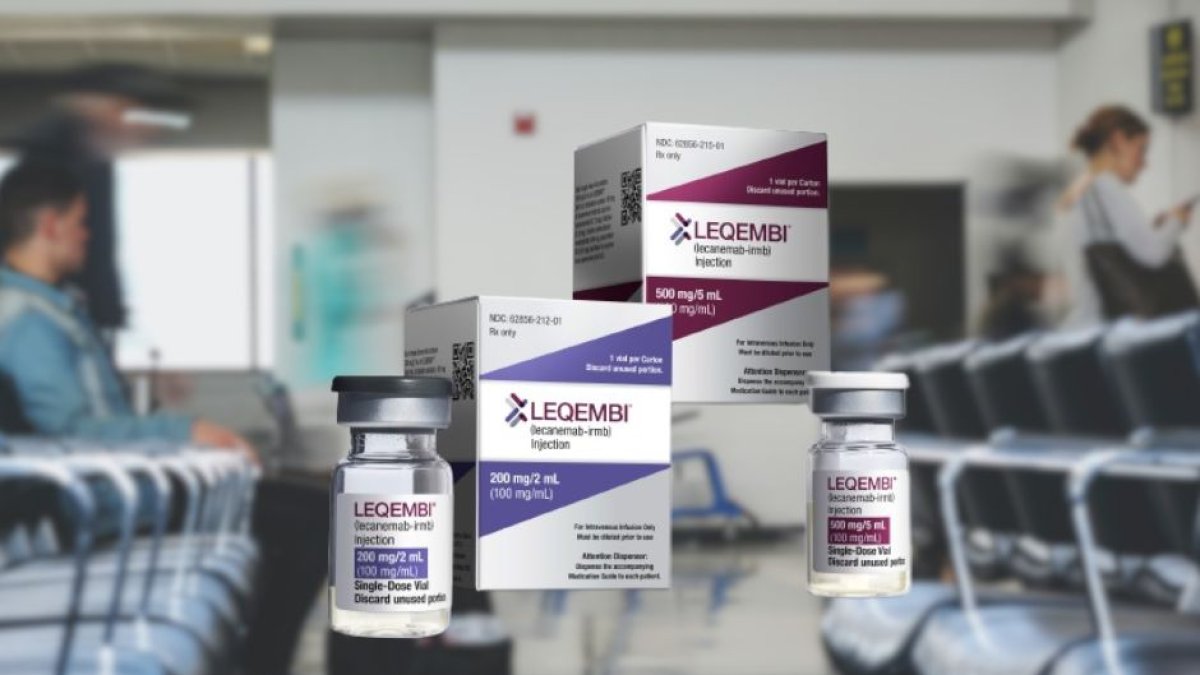Leqembi, the first Alzheimer's drug with full FDA approval
The drug will be administered by health professionals every two weeks. CMS announced that Medicare will "will cover this medication broadly."

(Eisai / Voz Media)
In 1906 the researcher Alois Alzheimer, from the University Hospital of Munich, noticed "anomalies that do not fit any known clinical picture". "A severe and rare pathological process which after four and a half years caused the decrease of a remarkable number of neurons." And the death of the patient.
More than 100 years of research later, the story that began then has reached another milestone: the approval of the first drug shown to slow the progression of the disease . In the words of its manufacturers, the Tokyo-based laboratory Eisai and the U.S.-based Biogen:
The director of the FDA (Food and Drug Administration) Office of Neuroscience, Teresa Buracchio, agreed to highlight that this was the first authorization granted to such a drug:
What is Leqembi?
6.5 million Americans suffer from Alzheimer's disease. This progressive and irreversible brain disorder results in the loss of memory, the ability to think and to perform simple tasks.
The intravenous drug Leqembi delays neuronal degeneration in adults in the early stages of the disease - the FDA clarifies that there are insufficient data on its efficacy in earlier or later stages. It will be administered by a medical professional every two weeks.
The drug was tested in a study involving 1,800 patients. Leqembi, the FDA found, reduced memory and thinking impairment five months over an 18-month period, comparing those who received the drug with those who tried a placebo.
The drug label will have "black box warning", the highest risk level. Among its possible side effects are inflammation or hemorrhages in the brain, which in some cases can be fatal.
FDA Etiqueta Leqembi / FDA Label Leqembi by Santiago Adolfo Ospital on Scribd
Who will be able to use it?
The FDA's full approval brings with it another piece of news: Medicare will pay for the treatment.
Last year, federal health insurance officials for those over 65 maintained that they would not pay for the use of treatments such as Leqembi until they received full authorization, the AP reported.
"With FDA’s decision, the Centers for Medicare & Medicaid Services will cover this medication broadly while continuing to gather data that will help us understand how the drug works," CMS Administrator Chiquita Brooks-LaSure explained in a statement.
As the treatment is aimed at patients in the early stages of the disease, the Alzheimer's Association stressed that "early detection and diagnosis are critical to ensure the most benefit at the earliest point possible".
The association's president stressed that although the drug does not cure Alzheimer's, it does "gives people in the early stages of Alzheimer’s disease more time to maintain their independence and do the things they love."

























